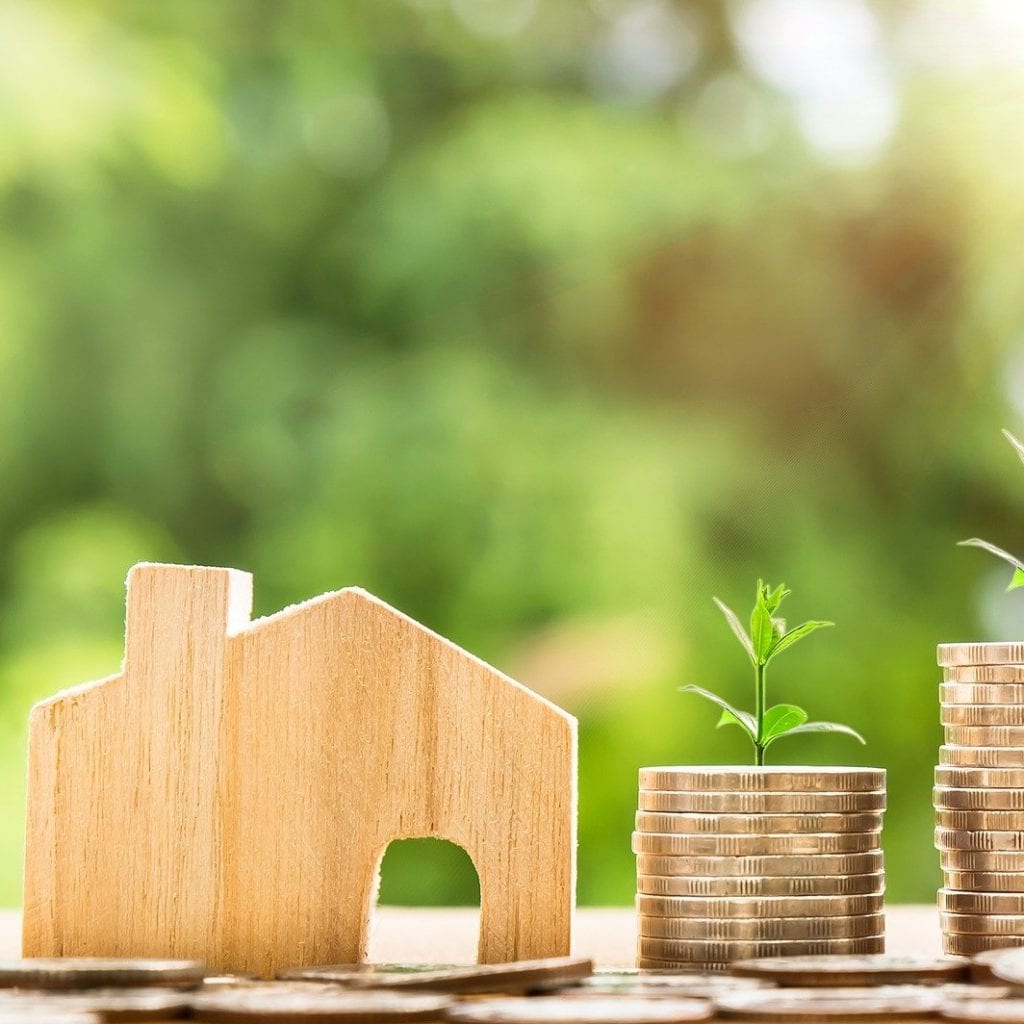Just Focusing on Your Investment Property’s Cash Flow? You’re Missing a Lot.

By Josh Brook, Realtor
What’s the cash flow? You cash flowing? How’s your cash flow? Cash flow, cash flow, cash flow. On and on it goes, this obsessiveness with the amount of income an investment property is generating.
If you think about a property as a business, then cash flow is your profit and when it comes to profit, Peter Drucker put it best,
“Profit for a company is like oxygen for a person. If you don’t have enough of it, you’re out of the game. But if you think your life is about breathing, you’re really missing something.”
In future blog posts, I’ll share what I’ve learned as a property manager to help improve the performance of your business, but right now I want to present the other benefits that come with real estate investing:
- Appreciation
- Depreciation
- Amortization
Appreciation

A property’s appreciation is an increase in its value. The Minneapolis market is appreciating at about five percent currently. What this means is that if you bought a property for $300,000 last year, someone may pay $315,000 for it a year later. Buying real estate for capital appreciation is like buying a growth stock: none of it really matters if you never sell, but if you do, it sure is great.
Depreciation
Every year you can deduct 1/27.5 of the property’s value against the income you’ve generated. So, for a duplex you bought for $300,000, you would divide that number by 27.5 to get $10,909. This is the amount you could write off of the cash flow you earned for the year from that property and many times, this is more than your entire cash flow and you can avoid taxes completely.
You should always consult a CPA for the details of this tax benefit, but the basic idea is that the IRS considers the property you buy to be slowly wearing down over time (depreciation), so you are allowed to claim this wear and tear on your taxes.
Amortization
When you take out a loan to buy an investment property, you want to pay it back with the rent money from the tenants. At the beginning of these loans payments, the majority of the money is going towards the interest of the loan, not the principle. This means you aren’t making much of a dent in the loan balance until you’ve had it for a significant period of time. With each new payment, a larger portion goes towards the principle instead of the interest.
Over time you’re increasing your share of ownership of a property without putting any money towards it beyond the initial down payment.
These three benefits are great by themselves, but when combined together in a property that generates another source of income, real estate investing becomes a truly powerful way to solidify your financial foundation.
Keep up with Wits
More from the Wits Blog:
Metro Transit Goes West: Why It Matters
Last week, the Federal Transit Administration (FTA) gave an important approval for the Southwest Light Rail Transit (SWLRT) project. Along with this approval, came the ability to for the Met Council to award the construction contract for the project which is estimates a total cost of $2 Billion. That is the largest infrastructure project in the state’s history.
3 Real Estate Investing Myths Holding You Back
Admittedly, real estate investing can feel confounding and downright perilous. However, clearing a path through the forest of misconceptions is a good place to start.



